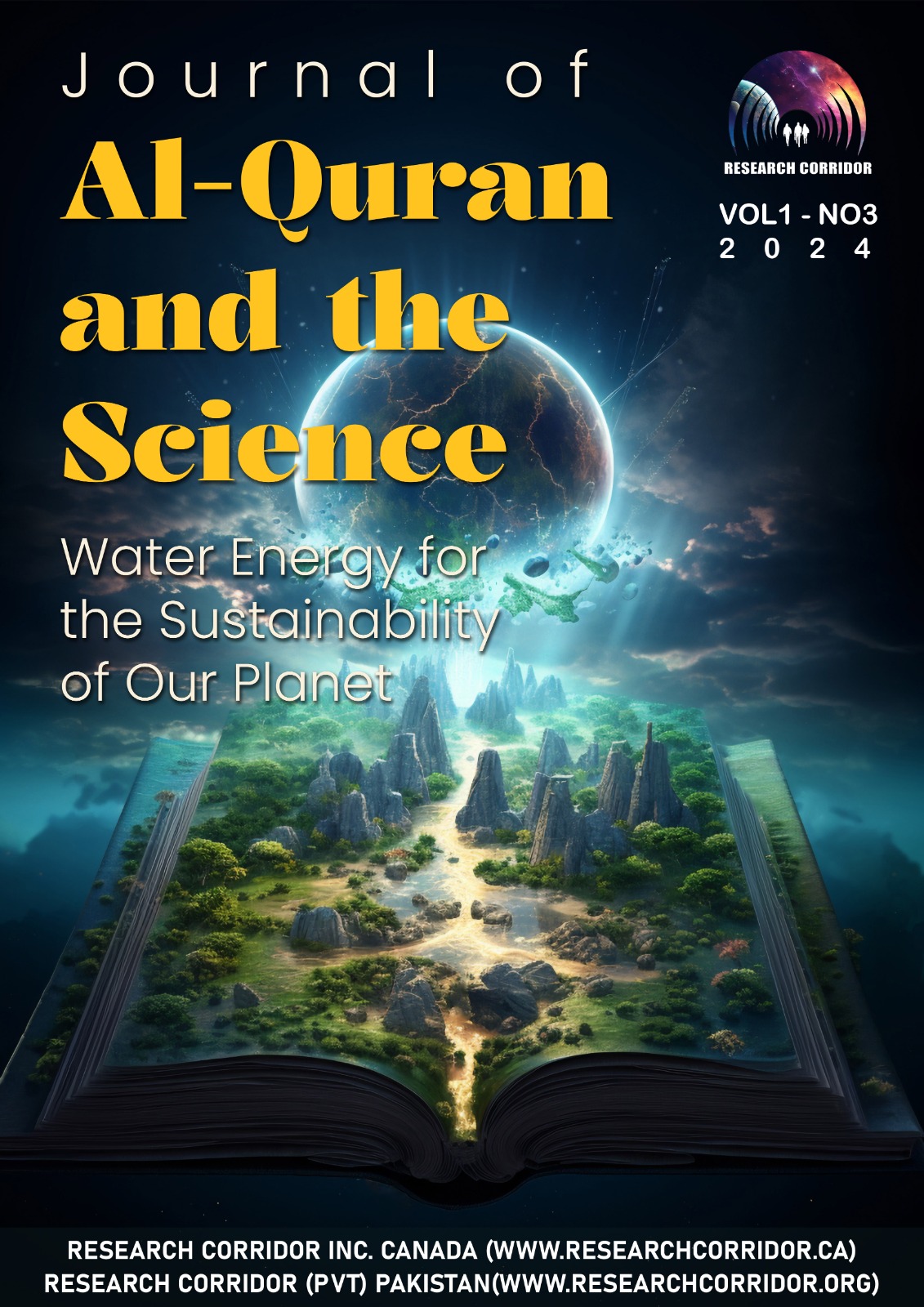The Ethical Universe: Islamic Perspectives on Environmental Stewardship
Keywords:
Islamic environmental ethics, stewardship, khalifah, Tawhid, Mizan, Amanah, sustainability, climate change, ecological balance, Islamic environmental movementsAbstract
Environmental stewardship is deeply embedded in Islamic teachings, emphasizing the responsibility of humanity as khalifah (stewards) of the Earth. The Qur’an and Hadith provide a moral and ethical framework that advocates for the sustainable use of natural resources, ecological balance, and the preservation of biodiversity. This paper explores Islamic perspectives on environmental ethics, highlighting how the principles of Tawhid (divine unity), Mizan (balance), and Amanah (trust) shape a holistic approach to environmental responsibility. Classical Islamic scholars, including Al-Ghazali and Ibn Khaldun, recognized the interconnectedness of human actions and environmental well-being, stressing moderation and the avoidance of waste (Israf). The Qur’anic injunctions against corruption (fasad) on Earth further reinforce the moral obligation to prevent environmental degradation. Contemporary Islamic environmental movements draw upon these principles to address modern ecological crises, advocating for sustainable development, renewable energy, and ethical consumption. Initiatives such as the Green Mosque Movement and eco-Islamic finance reflect the integration of Islamic ethics with practical environmental solutions. This study underscores the relevance of Islamic environmental stewardship in addressing climate change, deforestation, and pollution while fostering an ethical consciousness rooted in faith. By revisiting Islamic teachings on nature, humanity can cultivate a renewed sense of ecological responsibility, bridging traditional wisdom with contemporary sustainability efforts. The fusion of spirituality and environmental ethics within Islamic thought presents a viable framework for global ecological preservation, emphasizing that caring for the environment is not only a moral duty but also an act of worship.





